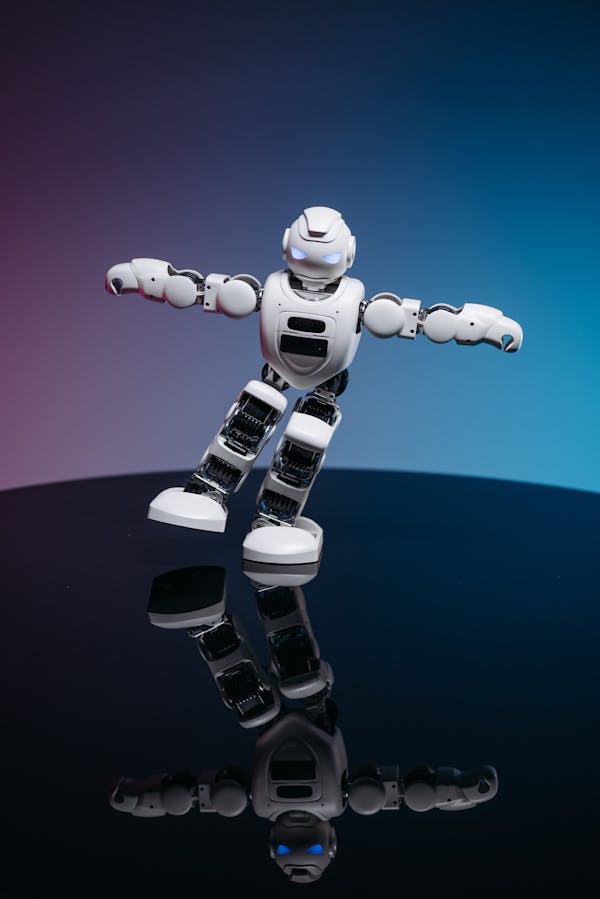Whether it’s an e-commerce chatbot to answer product questions or a business chatbot for HR support, AI chatbots can be an invaluable resource. However, their benefits and limitations depend on the platform, programming, and data they use.
ChatGPT is a free chatbot that uses a sophisticated state-of-the-art language processing AI model. Its UI is simple and enjoyable to use. Discover more at NSFW AI Chat.
AI-powered chatbots
AI chatbots help customers find the information they need and answer their questions quickly and effectively. They also enable businesses to collect customer data, allowing them to improve their product or service offerings.
Unlike traditional chatbots, which are based on scripts, generative AI chatbots use your website and knowledge base to learn how to respond to different queries. This approach allows the AI chatbot to understand the context of a customer’s question and deliver more relevant responses.
Moreover, AI chatbots are designed to integrate with multiple communication channels, such as websites, social media, and messaging apps. This omnichannel support provides more consistent customer experiences across all platforms, reducing the need for human intervention and cutting operating costs. However, it is important to note that AI chatbots cannot replace human agents, especially for complex issues that require a personal touch. Hence, it is important to involve your customer service team in the development and testing of the AI chatbot.
Natural language processing (NLP)
Natural language processing (NLP) is a set of techniques that enable computers to read, interpret, and analyze text. It includes tasks like intent recognition, entity extractions, sentiment analysis, and vocabulary expansion and transfer. It also helps chatbots understand grammatical rules, such as verb tenses and capitalization, as well as understand meaning in a sentence.

NLP is a subfield of AI that can be used to help customers with their queries. It is a powerful tool for automating customer service and improving data analytics processes.
Using NLP, businesses can create chatbots that are more personalized and efficient. These bots can streamline more tailored, unique responses to customers’ questions or commands, and even learn from the feedback they receive. For example, NLP-powered bots can help a customer resolve a technical issue by understanding their intent and offering a relevant solution. They can also provide information about a product or service that is more accurate than traditional rule-based chatbots.
Artificial intelligence (AI)
AI is a broad term that covers many different technologies, each with unique capabilities and applications. The technology is used in a wide range of customer service functions, including assisting in data processing, detection of cyberwarfare attacks and automating military weaponry, vehicles and defense systems.
In terms of customer service, AI can help customers by identifying their individual needs and providing personalized service. It can also be used to reduce wait times and improve customer satisfaction.
AI is particularly useful for companies in industries like retail, banking and healthcare that have a high volume of time-sensitive consumer requests. It can help answer routine questions by redirecting them to FAQ chatbots or other self-serve tools, and it can route more complex inquiries to the right agent. It can also automatically gather important information from a customer’s account, such as their name, address and payment history, to make the process faster and more efficient. This allows agents to spend more time on higher value work that adds value to the customer.
Machine learning (ML)
When implemented correctly, ML can provide valuable insights for businesses. The ability to identify patterns and predict future customer behavior enables brands to deliver experiences that are personalized, relevant, and satisfying.
Wells Fargo, for example, uses a machine learning-powered chatbot to help customers with their financial needs in third-party environments like Facebook Messenger. The bot recognizes the customer’s language, and then delivers a comprehensible answer using the company’s repository of support content.
Fin, Intercom’s AI chatbot for customer service, is also able to resolve questions from customers in their native language. This capability is made possible by leveraging customizable large language models, and a powerful integration with the Zendesk Help Center and Intercom Articles. With a simple setup, Fin can begin answering questions within minutes and is customized to match the brand’s tone and terminology. It also offers a streamlined user experience and insightful usage and metric reporting to track performance. Embrace the future with the best customer service AI chatbot on the market.